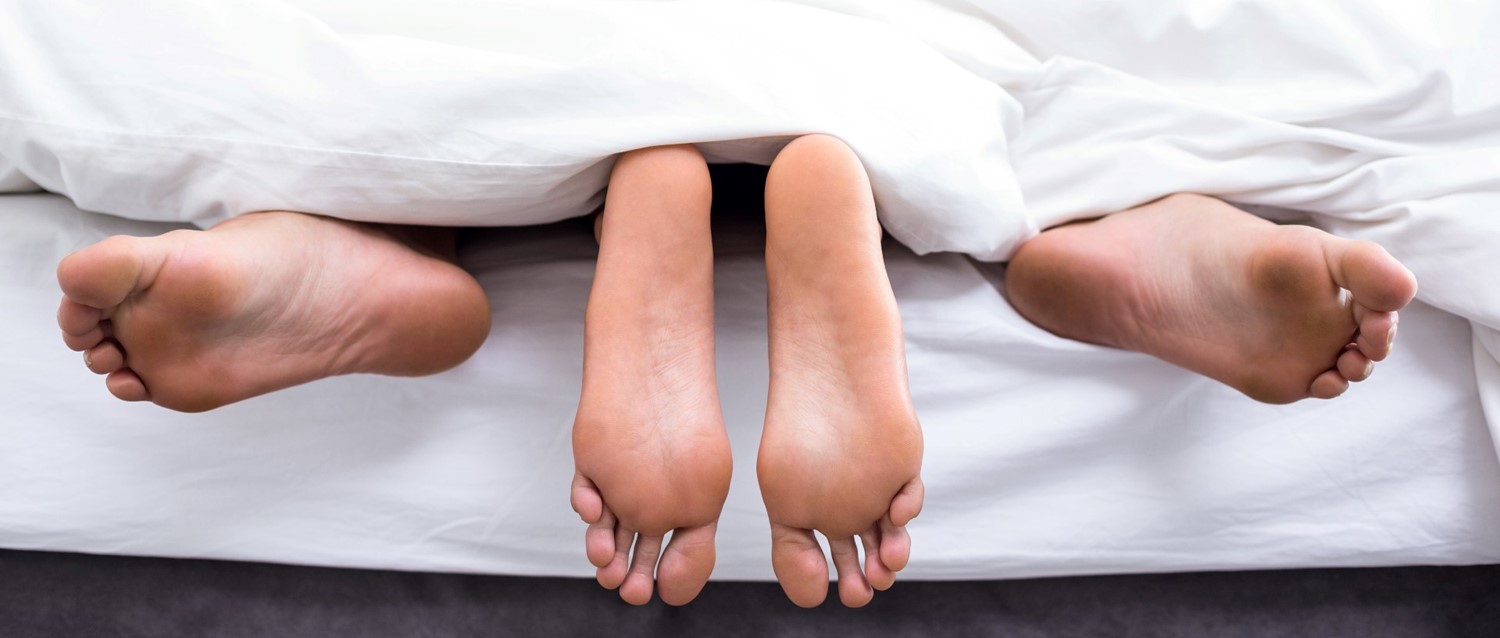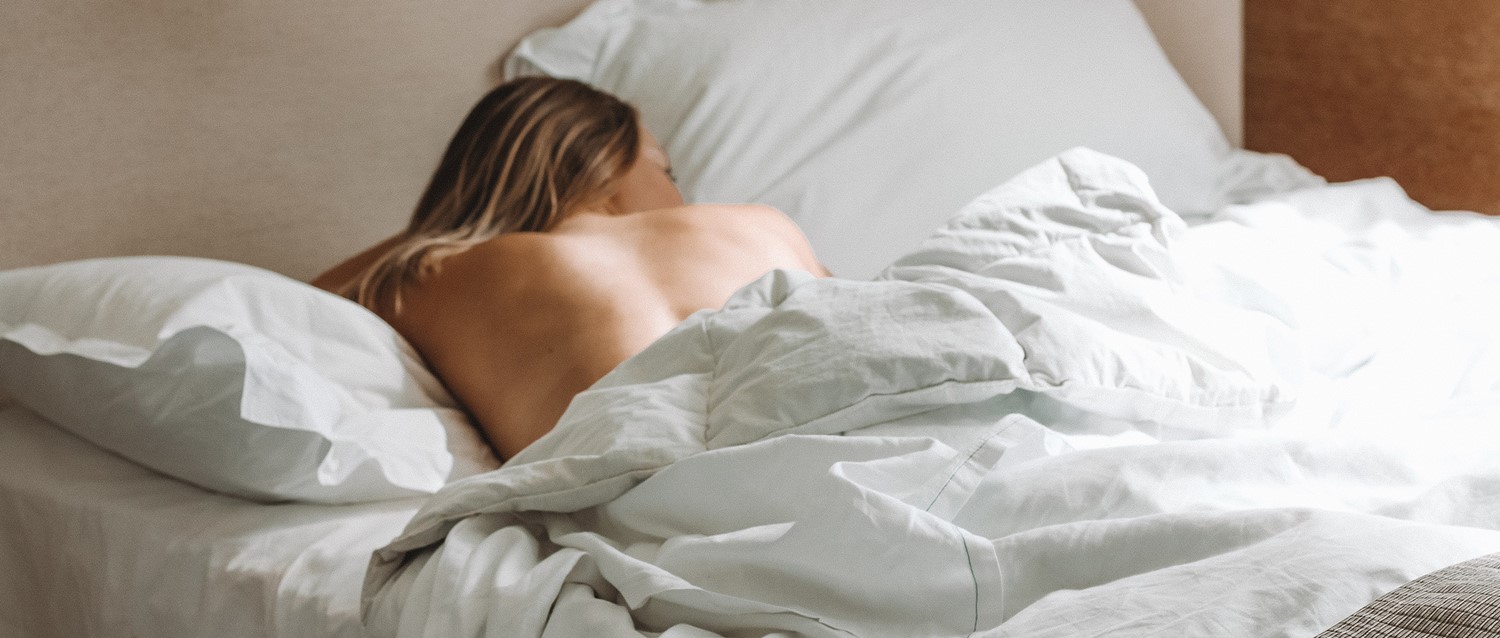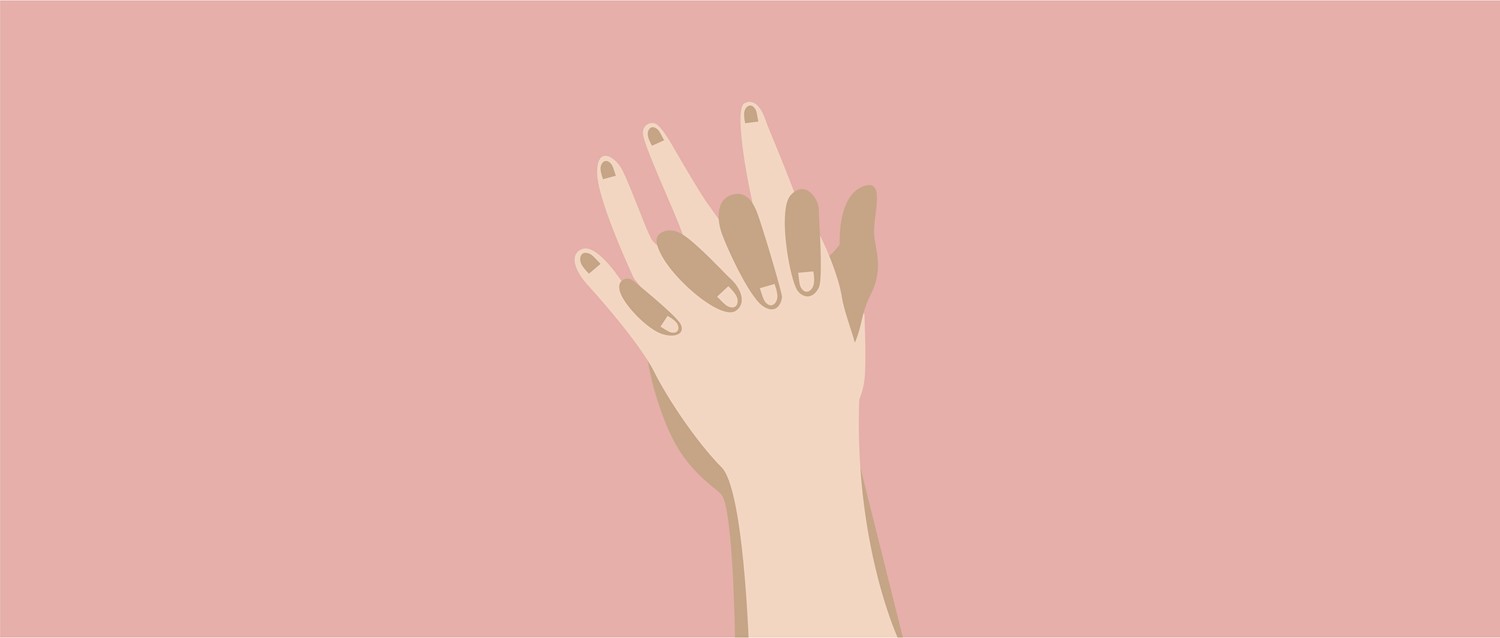
What can cause low libido in women?
Peer reviewed by Dr Krishna Vakharia, MRCGPAuthored by Amberley DavisOriginally published 14 Oct 2022
Meets Patient’s editorial guidelines
- DownloadDownload
- Share
- Language
- Discussion
If your desire for sex has taken a dip, dont worry, low libido in women is a common problem that tends to be both temporary and fixable. The first step is to pinpoint the cause.
In this article:
Video picks for Women's sexual health
Continue reading below
What is low libido?
If you have a low libido, also known as low sex drive, you don't desire sex very often, or sometimes not at all. If this sounds familiar, it's important to remember that your libido - a fancy word that simply means 'sexual desire' - can peak and fall throughout your life.
General Practitioner (GP) Hana Patel describes how a low libido is often temporary: "Low libido can affect both men and women at different times in their lives and depends on several factors, including their age, hormonal changes, and external stressors such as relationships, work, and life events."
"Thinking that our libido is going to stay the same during our lifetime simply isn't feasible," adds Simone Thomas, bioenergetics practitioner and nutritionist. "But when it does drop, it doesn't have to be the end of the world or the end of a healthy sex life."
When your disinterest in sex lasts longer than six months and is a big source of distress and frustration, you may be diagnosed with hypoactive sexual desire disorder. Patel explains that this is more common in women than men, affecting up to one in three of us over our lifetime.
What are the reasons for low libido?
Back to contentsMany of the factors influencing low libido in men and women are mostly the same, but for those assigned female at birth, there are some that are specific to biology. According to the 2019 National Survey of Sexual Attitudes and Lifestyles (Natsal)1, 34% of sexually active women in Britain had lost interest in sex for three months or more during the previous year.
This makes low libido in women a common predicament, and it's certainly nothing to be ashamed of. Thomas points out: "Being able to talk about what is happening and how you are feeling can be the first step towards finding a solution."
With this in mind, we've asked experts to describe some of the most common factors that can affect your sex drive.
Stress, anxiety or depression causing low libido
Many studies have found a link between chronic conditions (long-term) of stress, depression, and lower levels of genital arousal2. Abbas Kanani, superintendent pharmacist at Chemist Click, explains:
"When a person is anxious or stressed, they have higher levels of cortisol which is the main stress hormone in the body. High levels of cortisol can suppress sex hormone levels that affect desire."
The same goes for low mood and negative thoughts, a dip in sexual desires being a key sign that you might be suffering with depression3.
"Don't panic and don't despair," adds Thomas. "This may just be a blip. Talk to your partner, confide in close friends, and if need be, speak to your GP to get more support."
Relationship problems
Sexual problems and relationship problems tend to be a two-way street: if you and your partner are struggling with disagreements or a lack of communication or trust, the emotional disconnect can make physical intimacy difficult and cause low libido. At the same time, a lack of sexual activity in your relationship may sometimes cause an emotional rift.
If you're struggling with this, you're not alone. "Sex tends to decrease in long-term relationships," says Kanani. "It can sometimes become routine with lifestyle factors such as childcare, work, and bills all taking priority and leaving little to no time for romance. As a result you may experience a lowered sex drive."
If you and your partner are struggling to work through your problems, a therapist may be able to help facilitate your conversations and enable you to work through any issues4.
Vaginal dryness
Low libido in women could also have roots in a physical condition. One of the most common causes is vaginal dryness, which can make sex uncomfortable or painful as a side-effect. "Our sexual desire is managed by the same hormones that change with our menstrual cycle, meaning that if oestrogen levels are low, it is more likely to cause symptoms such as vaginal dryness," explains Patel.
Your GP may prescribe hormonal creams, tablets, or rings to treat this problem. If oestrogen isn't the issue, or you're unable to use hormonal treatments, then Thomas recommends finding a lubricant - your pharmacist will be able to advise.
Hormonal fluctuations
You're probably aware that hormonal changes occur during the menopause, but did you know that this is a really common cause of low libido in women at this stage in their lives? Thomas highlights that several possible factors can cause loss of libido, including emotions, vaginal dryness, and night sweats. "The good thing is this is normally only short-term and your interest in sex can come back - but give this time."
According to Kanani, low libido in women is also very common after giving birth. "Oestrogen levels usually drop immediately after birth, leading to menopausal symptoms such as reduced libido and vaginal dryness for a short period."
Some medications
It's important to check if any medications you take may affect libido. Patel highlights common culprits for all genders include high blood pressure tablets and antidepressants. In some studies5, hormonal contraceptive pills, patches, or implants have also been found to decrease sex drive in women, although more research is needed on hormonal contraception and female sexuality.
Recreational drugs
It's not just prescription drugs that may be interfering with your sex life.The following are also possible contributors to low libido in women and men:
Smoking - this can obstruct our blood flow, which may impair sexual performance and desire.
Alcohol - over-consumption may interfere with crucial sexual arousal functions, including blood flow and sensitivity of nerve endings.
Some illicit drugs may also contribute to low libido.
Other medical conditions
If you are also managing a separate medical condition, it might be worth asking your GP if it could be negatively affecting your sexual function.
According to Patel, two common examples include:
An underactive thyroid gland. "This means your body makes more of a hormone called prolactin, which can lead to vaginal dryness, making intimacy painful. Hormone and blood levels can change as you age, so having regular blood tests to monitor an underactive thyroid level is recommended."
Diabetes."Increased sugar levels are dangerous to blood vessels and nerves and can cause a reduction in blood flow, which obstructs feeling (sensitivity) to areas around your body, including the genitals."
Low self-esteem and poor body image
"If you aren't feeling great about yourself then you may not feel like getting naked and being vulnerable, and this is another libido hit," says Thomas. "Many people struggle with their bodies, and we're constantly being bombarded with seemingly perfect images of people on social media.
"Give yourself some time and space to explore how you feel and if you can, talk to someone. Communication and support are so key when it comes to all of this, and you might be surprised just how much your partner loves your body, or that they had no idea you found stripping off so hard!"
Continue reading below
How to treat a low libido
Back to contentsThomas' advice to be kind to yourself and to be open with any partners you may have is an important message. It's also one that you should apply, no matter the reason for your low sex drive.
Thomas also adds that, whatever the reason for your low libido, you can talk to your doctor and look at over-the-counter options. You can also look at adjusting your lifestyle, as this may "help put the zest back into your sex life".
Look at your diet - a balanced diet with fruit and veg, good fats, proteins, and lots of water will have a direct impact on your mood.
Take regular exercise - this will help to boost your body image, lift your mood, and release feel-good hormones which could also help to boost your libido.
Deal with stress - by talking it over with a friend, family member, partner, or your GP.
Ditch alcohol, cigarettes, and other non-prescribed drugs.
Make time for intimacy - date night ideas include going to see a romantic movie or having a massage at home to gently awakening your senses again. This also means being open and honest with your partner. They won't want you to be unhappy and may want to help you feel more confident and sexual so you can enjoy one another again.
Further reading
Back to contentsHamilton and Meston, Chronic stress and sexual function in women.
John Hopkins Medicine, Low Sex Drive - Could It Be a Sign of Depression?.
Crowe, Couple relationship problems and sexual dysfunctions: therapeutic guidelines.
Coelho and Barros, The potential of hormonal contraception to influence female sexuality.
Patient picks for Women's sexual health

Sexual health
The most likely causes of pain during sex
Whilst it's not a topic many of us discuss, sex can sometimes prove a real pain for some women. In fact, around a third of younger and half of older women have experienced pain during sex, according to the Sexual Advice Association. As well as discomfort, painful sex can lead to problems in relationships, loss of intimacy and even depression. The good news is that many of these problems can be treated effectively by your GP or after a referral to a gynaecologist - so don't suffer in silence!
by Gillian Harvey

Sexual health
How to orgasm more easily during sex
Many women will experience difficulty reaching orgasm from time to time. And for some, sexual climax remains frustratingly elusive. We look at the common issues that can hinder orgasm and find out how women can improve their chances of getting there.
by Sally Turner
Continue reading below
Article history
The information on this page is peer reviewed by qualified clinicians.
14 Oct 2022 | Originally published
Authored by:
Amberley DavisPeer reviewed by
Dr Krishna Vakharia, MRCGP

Ask, share, connect.
Browse discussions, ask questions, and share experiences across hundreds of health topics.

Feeling unwell?
Assess your symptoms online for free
Sign up to the Patient newsletter
Your weekly dose of clear, trustworthy health advice - written to help you feel informed, confident and in control.
By subscribing you accept our Privacy Policy. You can unsubscribe at any time. We never sell your data.